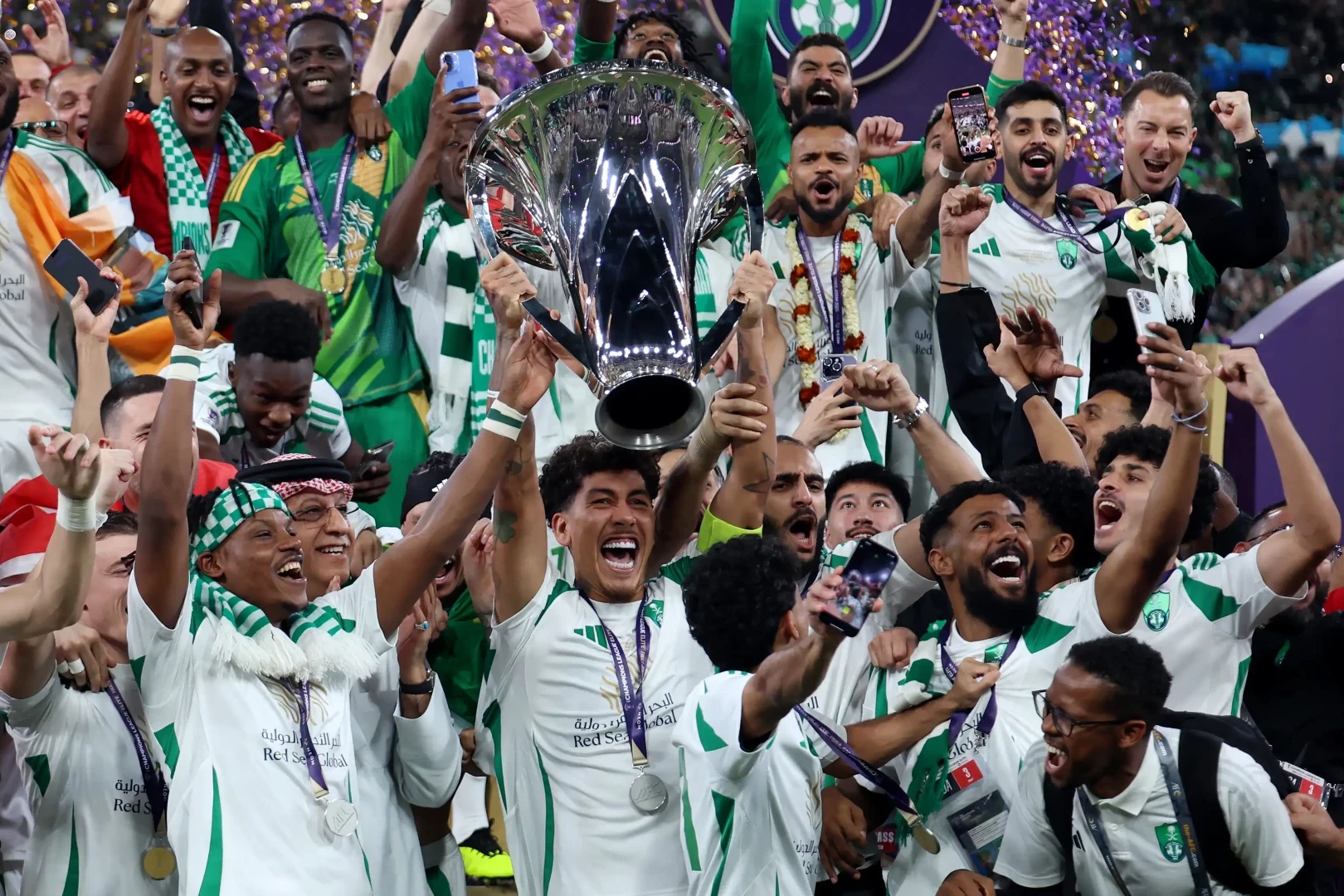Blog
Saudi Wealth Threatens the AFC Champions League’s Competitive Balance

Saudi Pro League (SPL) club Al-Ahli recently defeated Japanese side Kawasaki Frontale 2-0 to claim their first-ever AFC Champions League title. Al-Ahli have spent a fortune assembling a squad packed with top-class players who previously played in Europe’s top leagues. However, Saudi Arabia’s excessive financial muscle may not be good news for the continent’s most prestigious football tournament.
Saudi Clubs Dominate the Champions League

SPL clubs were imperious in the first phase of the AFC Champions League, with their star-studded squads bulldozing through their opponents. Three of the four clubs backed by the Saudi Arabian Public Investment Fund (PIF) took the top spots in their group, losing only one out of 24 games. To make matters worse, the final stage of the competition was held in Jeddah, Saudi Arabia. The semi-finals featured three Saudi teams playing on home soil.
Giving SPL clubs this much of an advantage in the latter stage of the tournament is concerning and spells doom for competitiveness. Surprisingly, other confederation members did not put up much of a fight, but they may reconsider their stance after getting run through. Gwangju FC travelled for 20 hours to get mullered 7-0 in Saudi Arabia by Al-Hilal. The Asian Football Confederation (AFC) must address this clear imbalance.
Money Talks and Drowns Out Competition
SPL were already strong outfits before the PIF jumped on the bandwagon, but the funding has made them unstoppable.
While signing players from Europe is great for the visibility of the AFC Champions League, the financial muscle has made the competition lopsided.
Al-Ahli were relegated from the SPL in 2021/22, but have now won the AFC Champions League because they spent more money than the gross domestic product of some African countries.
Former Liverpool forward Roberto Firmino is not even registered to play in the SPL, but he won the MVP award in the AFC Champions League.
While the way SPL clubs are operating does not bode well for the competition, some people have argued that their investment has raised its profile.
The arrival of marquee signings put the AFC Champions League on highlight reels in Europe, got the tournament on massive networks, and made it a constant in football conversations.
However, this visibility has come at a cost. The tournament is losing competitive credibility. The new group format has a lopsided west-east divide that has killed opportunities for teams to shine.
SPL teams were repeatedly odds-on favourites with the bookmakers when they came up against giants from other nations.
Reputable Arabian betting sites were be inundated with wagers backing SPL clubs to come out on top against their continental rivals.
Clubs from Japan, South Korea and Australia were previously the dominant forces in the tournament, but they now have to defy the odds to make progress.
They have to play against clubs with at least 30 times their wage bill. The competition element in the AFC Champions League is unquestionably fading.
Fixing What Was Never Broken
While the former format was flawed, it had balance. Having a home and away set-up means things are fair. Underdogs have a chance in their own backyard. Al-Ittihad, Al-Nassr, Al-Hilal and Al-Ahli do not need help. Their coffers give them more than enough of an advantage already. Giving them the home edge in the latter stage is nonsensical.
The AFC must take a long, hard look at the future and what this current set-up means for their flagship competition. If it becomes too predictable and skewed, it will lose its attraction to fans. The governing body needs to find a way to keep the SPL spotlight shining on the AFC Champions League, but in a way that does not blind the others.
They must consider making significant changes which balance the AFC Champions League before it becomes a one-nation charade.
